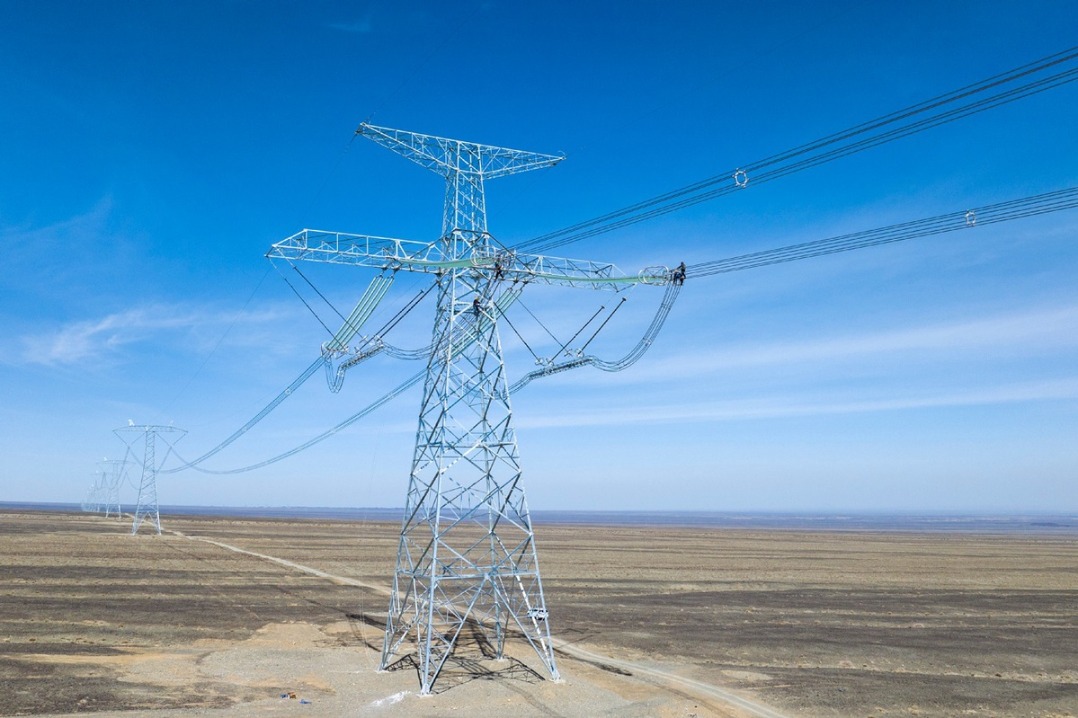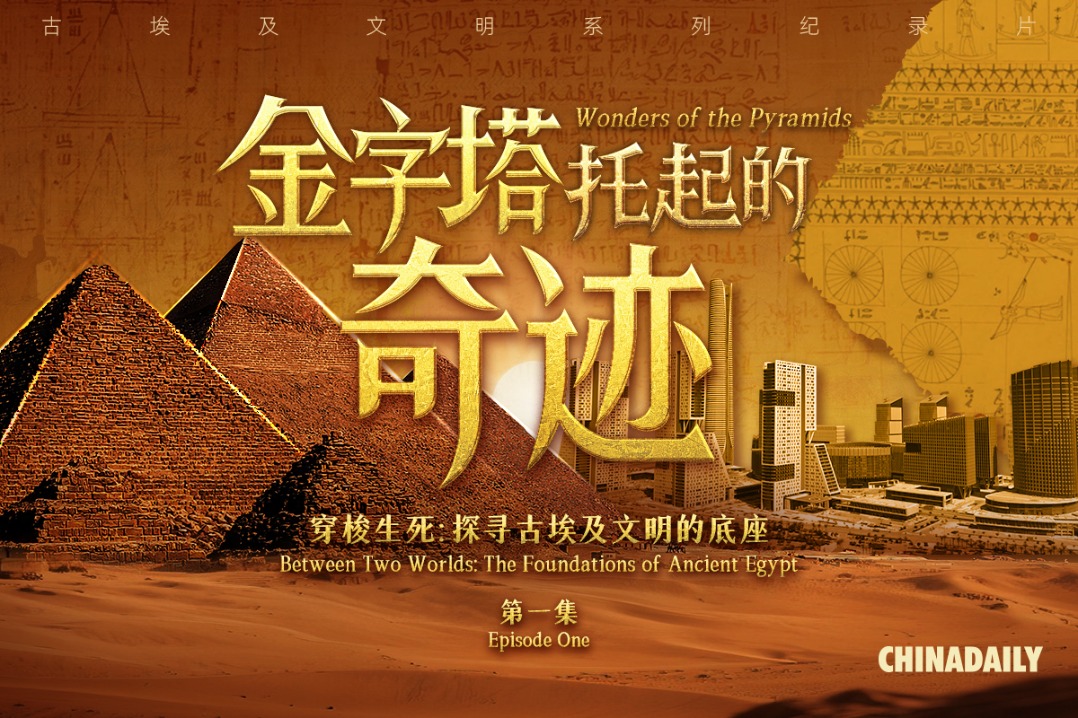Risk management
Strengthened cooperation between China and the EU is necessary to counter US unilateralism


China and the European Union are preparing to celebrate 50 years of diplomatic relations. European Commission President Ursula von der Leyen and European Council President António Costa are expected to travel to Beijing this year to attend the EU-China summit. But in recent years, bilateral relations have soured, with the EU leadership complaining about the trade imbalance, alleging dumping practices and China's growing influence in European critical infrastructure. In 2019, the EU formalized a shift in its approach, defining China as a partner for cooperation, economic competitor and systemic rival.
The European Economic Security Strategy is focused on three pillars for these reasons: promoting competitiveness, protecting against economic attacks and building reliable partnerships. Although there are similarities with the US approach, the EU maintains a distinct strategy, seeking to manage competition without completely shutting the door to collaboration. But cooperation between China and the EU should be increased in the face of the United States' unilateralism.
Global governance has changed profoundly in the current increasingly polarized and fragmented world. Optimism about progress and the dominance of the West has been replaced by a more realistic view of a world marked by competition between states and fluid alliances.
The Ukraine crisis and the Middle East conflict, along with the rivalry between China and the US, are just a few manifestations of this shift. Emerging countries, often former colonies, are demanding a revision of the global balance, empowering the Global South.
The West is responding by trying to reduce economic dependence on potentially hostile regions, prioritizing security over profit and rejuvenating regional integration, such as the enlargement of the EU and strengthening ties with Africa. Global trade has become the primary battleground in a context of "hybrid warfare", where economic and military instruments are intertwined.
The current phase, which began with Donald Trump's second presidency, is characterized by the US' efforts to preserve its industrial and technological supremacy, protecting strategic sectors such as renewable energy, microchips and artificial intelligence. This is happening in the context of the US' growing rivalry with China, which, with its leadership in battery production, rare earths and high technology, is striving to close the gap with the US. The competition is manifesting through tariffs, sanctions, export restrictions and incentives for domestic investments, emphasizing the primacy of security concerns over purely economic interests.
The de-risking and decoupling strategies from the Chinese economy promoted by the US and its Euro-Atlantic allies will take time to implement and carry significant economic risks. The US aims to bolster its domestic production with measures such as the CHIPS and Science Act and the Inflation Reduction Act, while China, for its part, needs external markets and technological expertise to sustain its growth.
In this scenario, Europe risks being marginalized, having to navigate US protectionism and the challenges of an increasingly individualistic global competition. European elites face the task of defending the continent's industrial and social heritage to avoid economic decline and international irrelevance.
Unlike the US which has adopted a unilateral approach, seeking to consolidate its global power through independent actions and a focus on national interests, China has chosen a multilateral approach, promoting international cooperation and establishing economic and diplomatic ties through global platforms. This contrast in political perspectives has had a significant impact on the international stage, influencing global relations, power dynamics and international partnerships.
Throughout both of Trump's presidencies, the US has pursued a foreign policy marked by a strong unilateral stance, epitomized by its "America First "agenda. The US administration withdrew from multilateral agreements such as the Trans-Pacific Partnership and the Paris Agreement, implementing a more protectionist trade policy, including imposing high tariffs on Chinese imports with the aim of reducing the trade deficit and promoting domestic production. It is also undermining its traditional multilateral cooperation with allies, expressing doubts about the efficacy of alliances and demanding greater financial contributions. Trump's second administration is advocating a more assertive foreign policy, focusing on bilateral agreements, often viewed as more advantageous for the US.
In contrast, China, especially under President Xi Jinping's leadership, has adopted a multilateral approach aimed at strengthening its global role and creating a network of partnerships through economic and diplomatic cooperation.
The Belt and Road Initiative launched in 2013 is a prime example of China's multilateral approach. Through global infrastructure projects and providing funding to developing countries, China has sought to enhance its geopolitical position and strengthen its economic ties with over 150 countries. The BRI is considered as a new Silk Road, which not only facilitates trade and investment but also creates a network of political and diplomatic influence, boosting China's soft power. China has also intensified its involvement in international organizations such as the United Nations, the G20 and the Shanghai Cooperation Organization.
The US has adopted an aggressive defense policy, such as the creation of a new national security doctrine and the threat of withdrawing from international defense organizations. China, on the contrary, has opted for a more diplomatic approach, focusing on developing regional economic and security cooperation without directly resorting to military force.
Competition between these two visions will have a significant impact on the international system in the future. The power dynamics between the US and China will play a decisive role in shaping global geopolitics in the years ahead.

The author is former president of the Italian Senate Foreign Affairs Committee and president of the Italy BRICS Institute. The author contributed this article to China Watch, a think tank powered by China Daily.
Contact the editor at editor@chinawatch.cn.



































